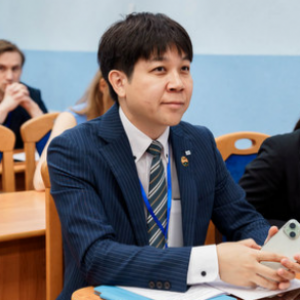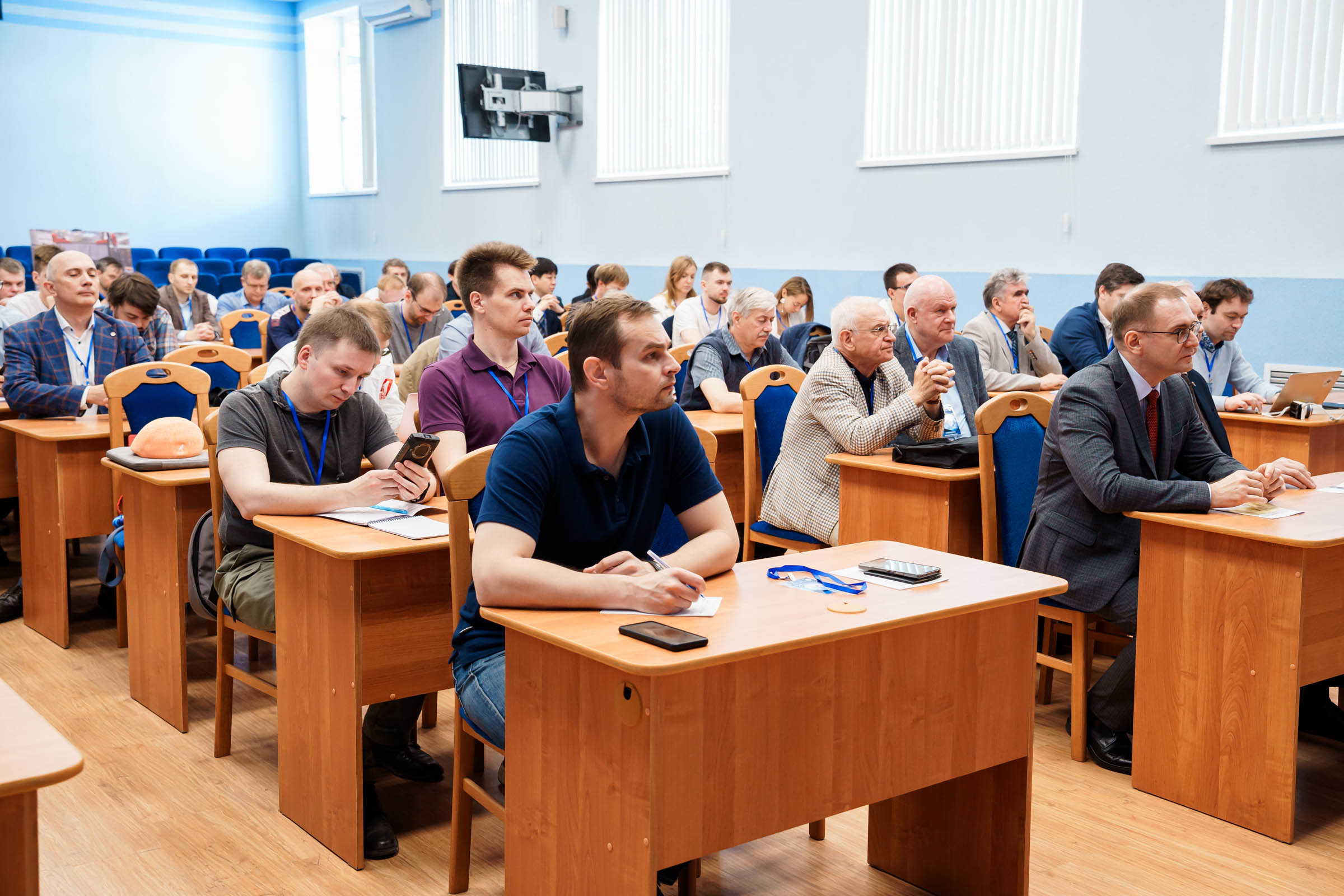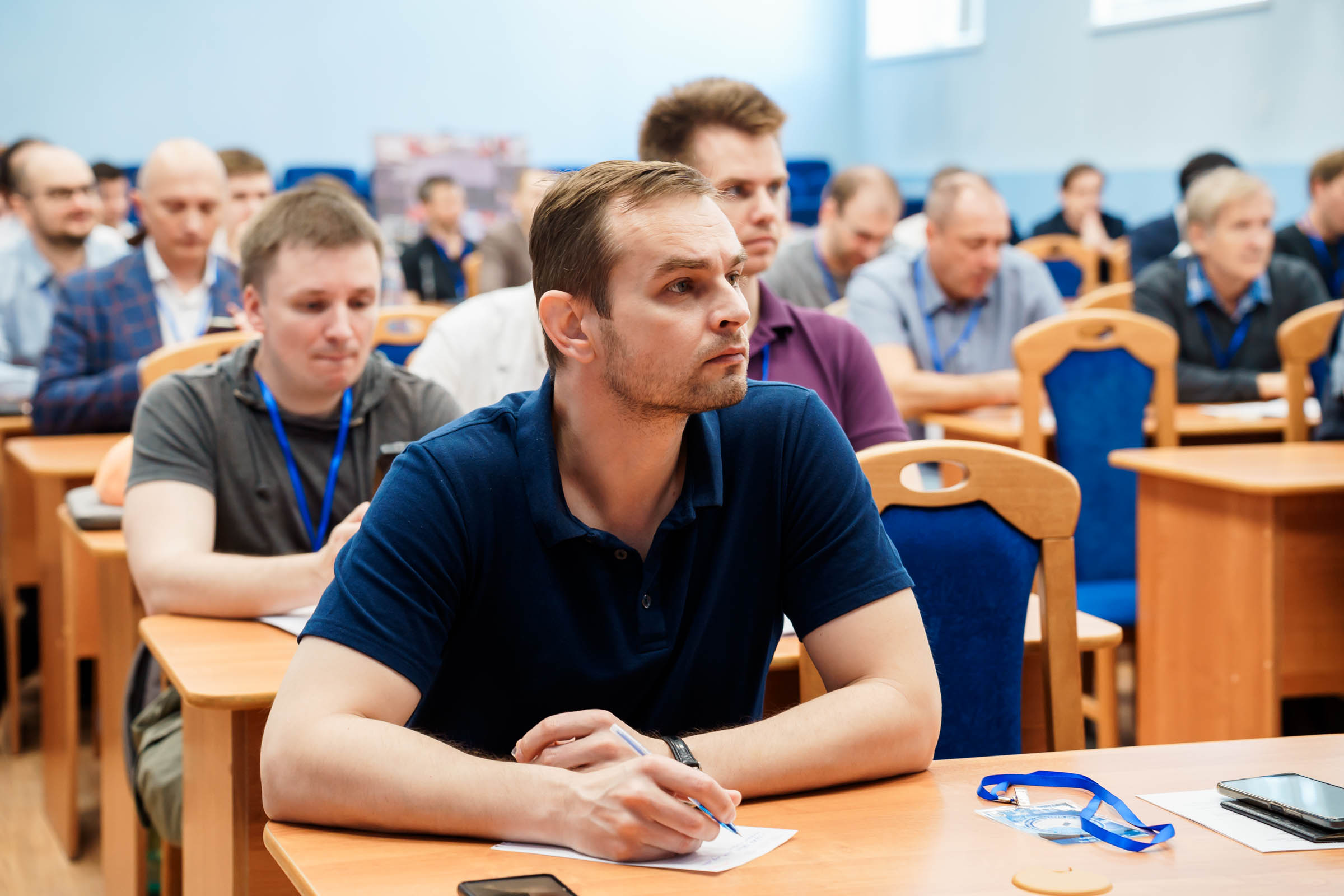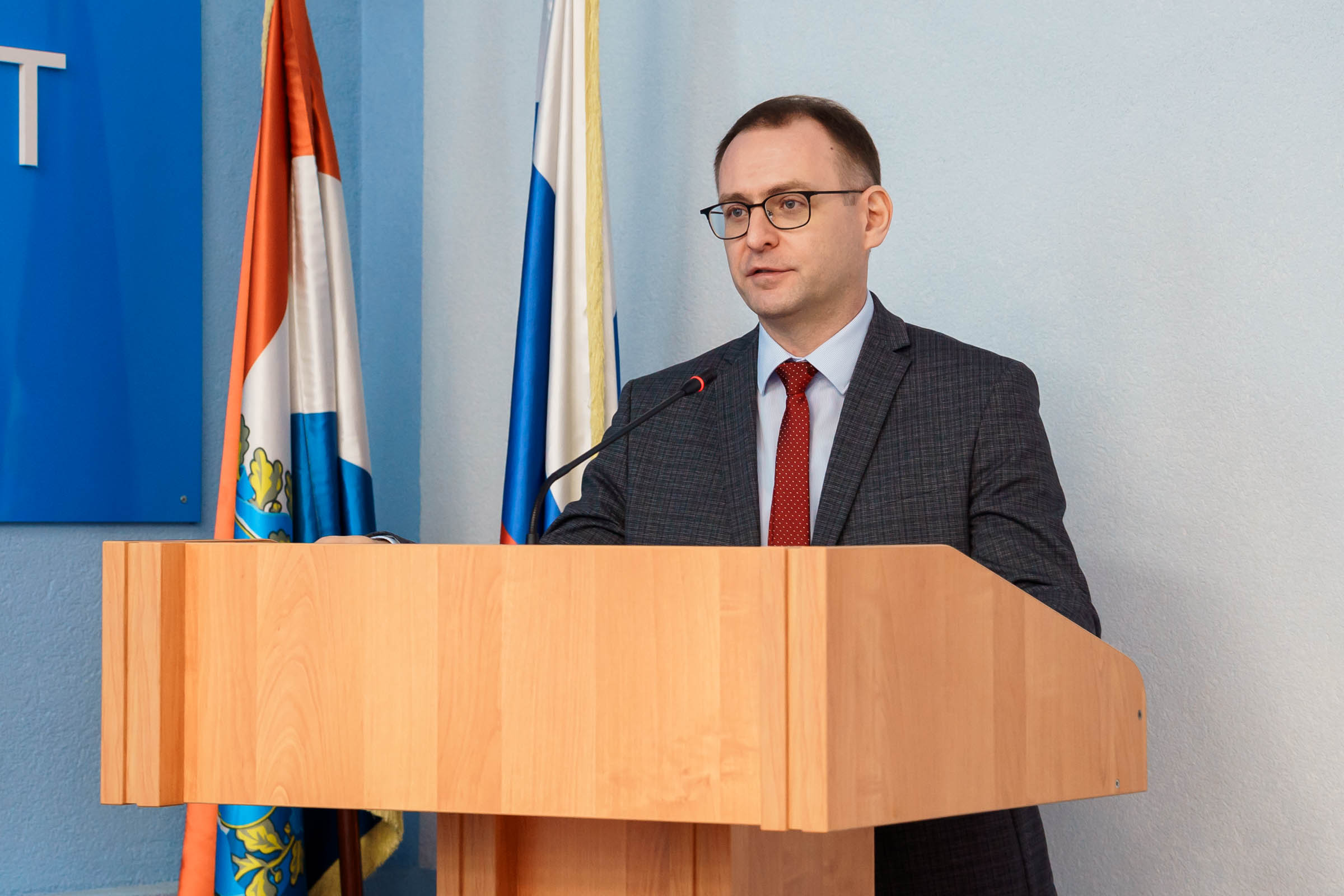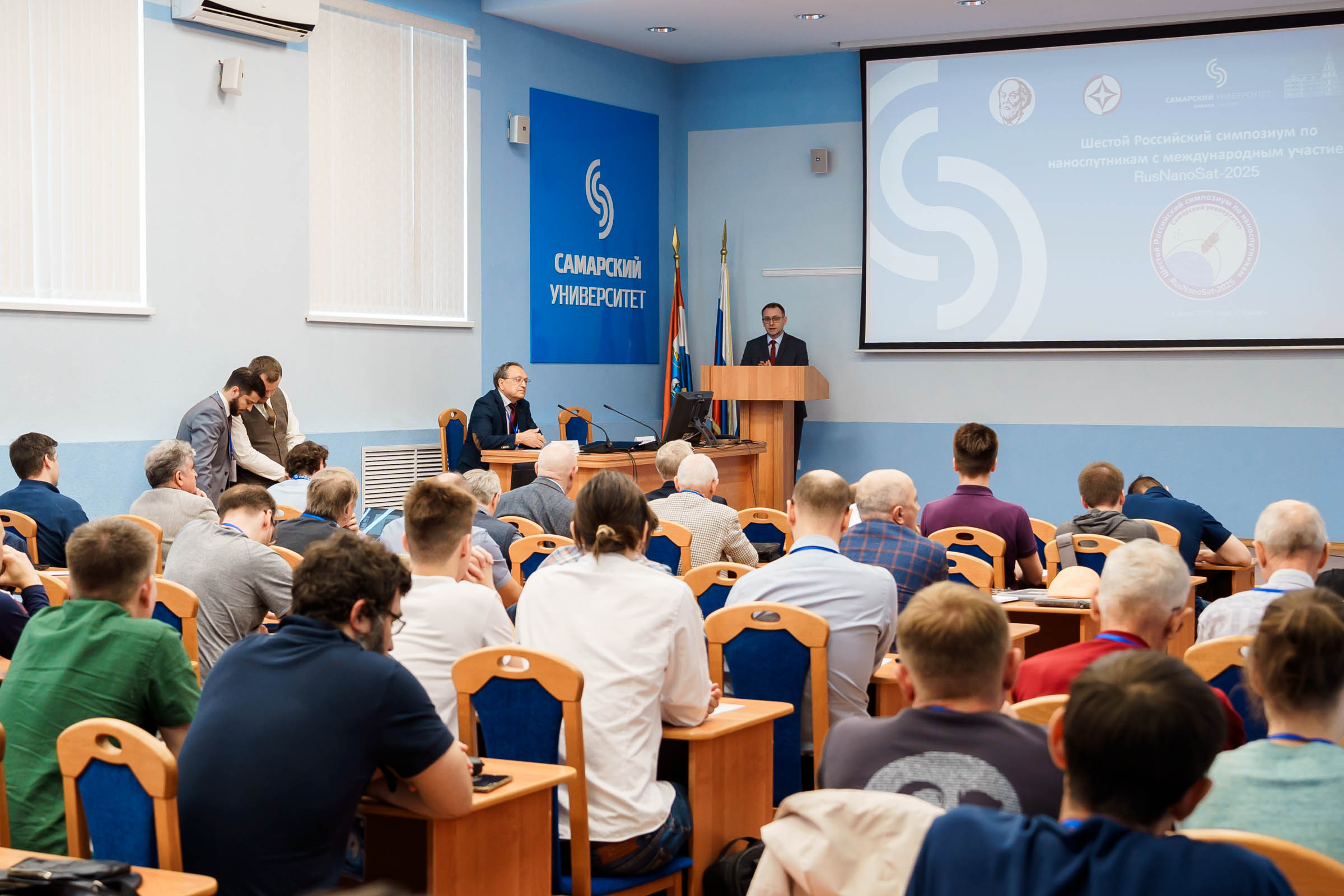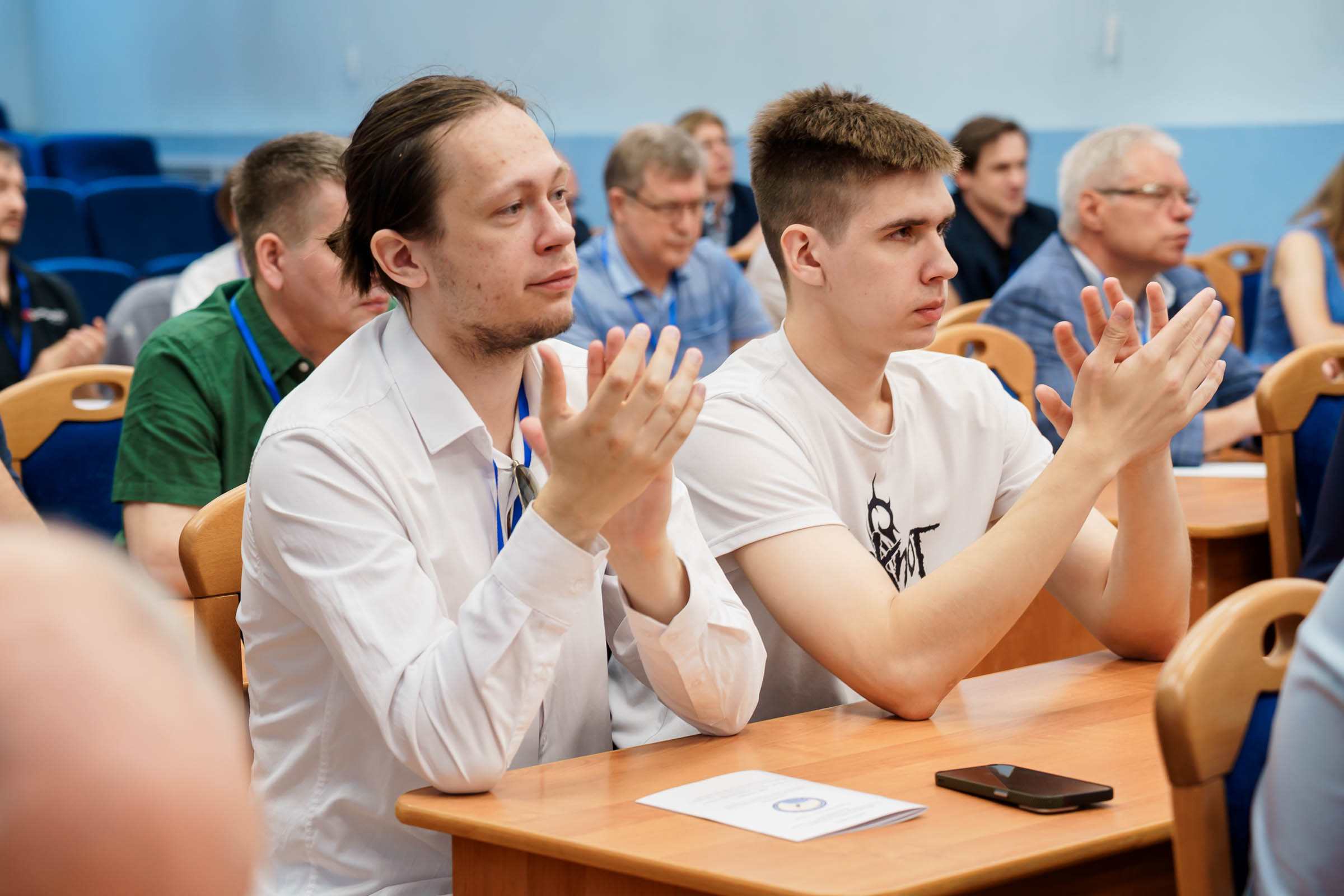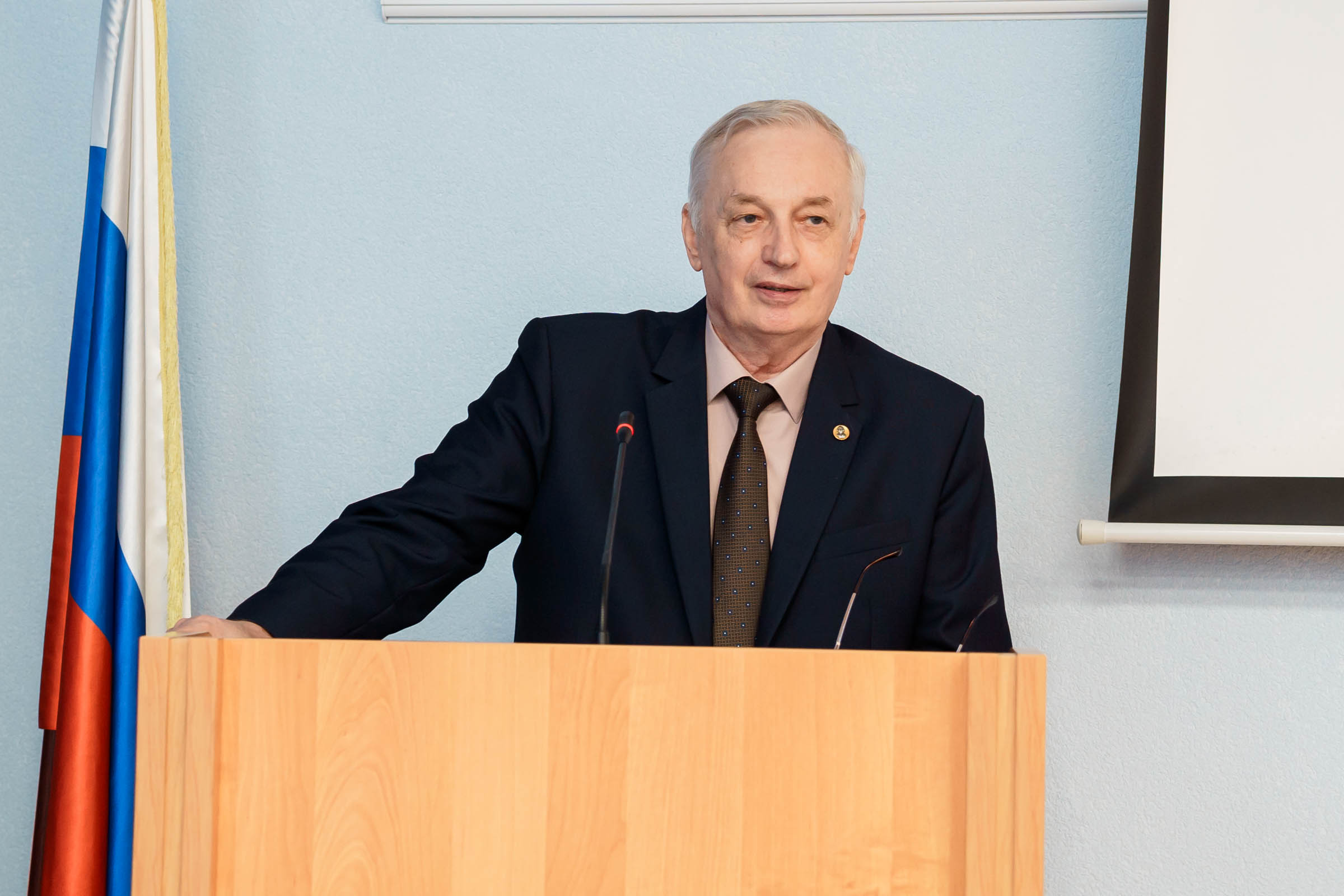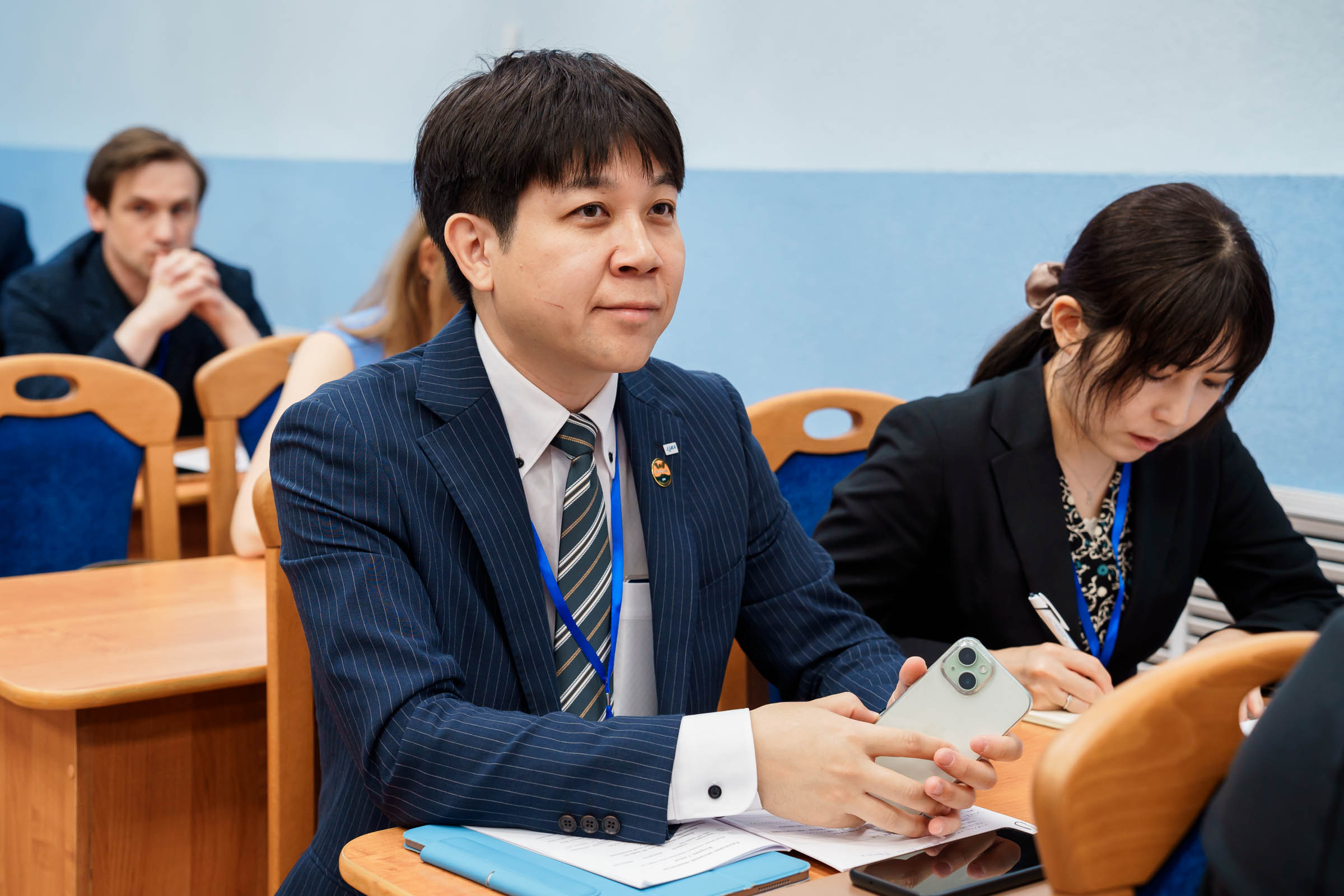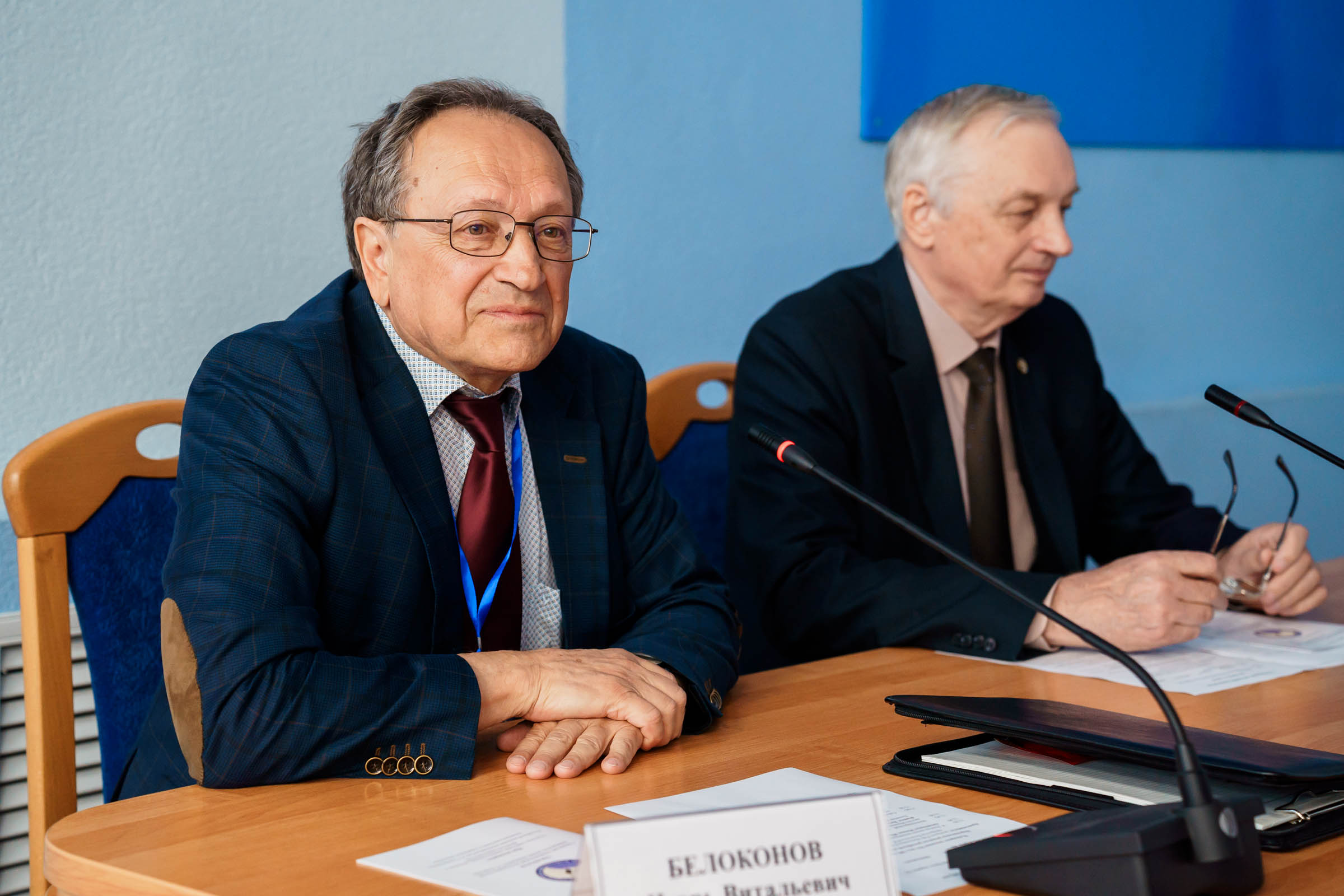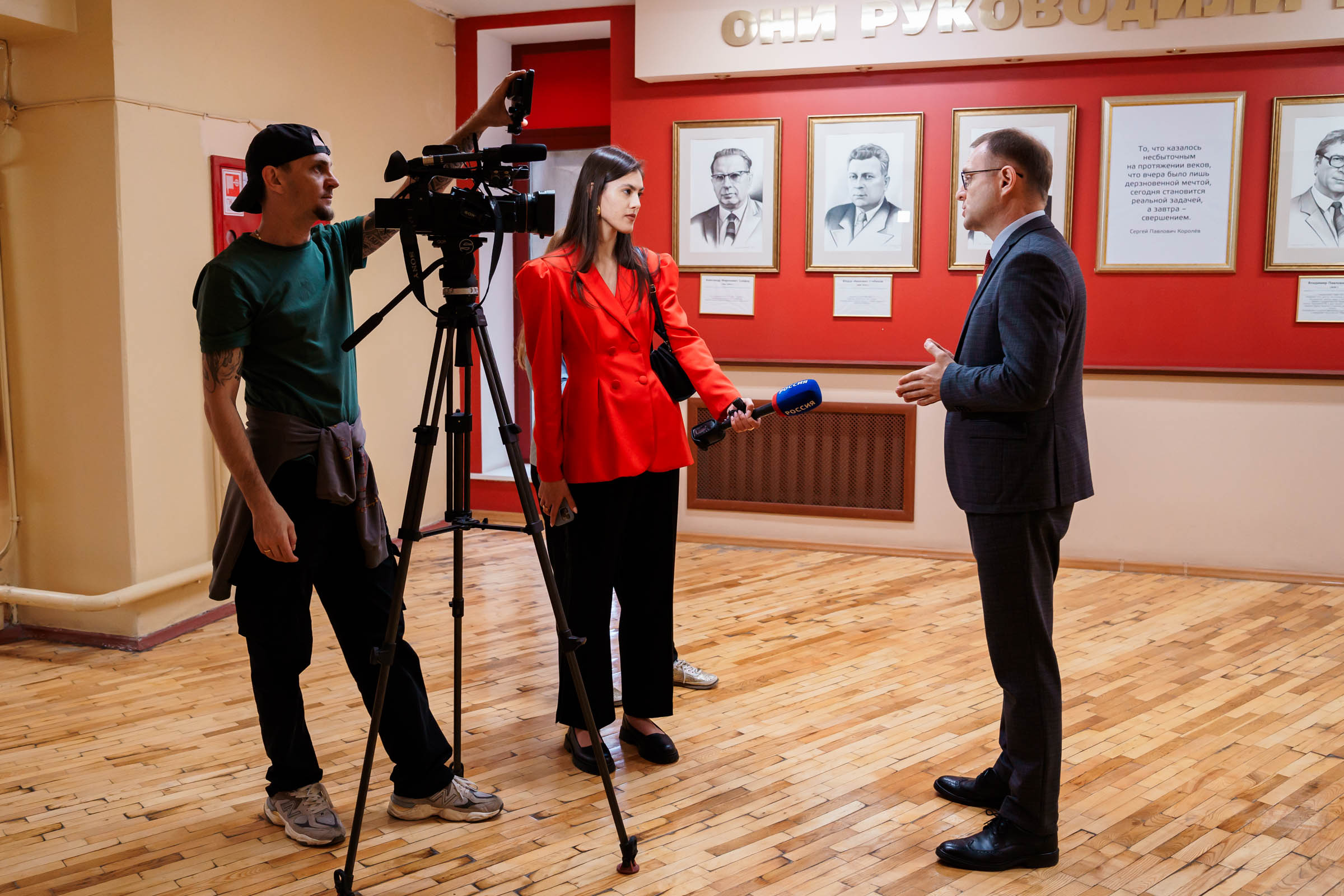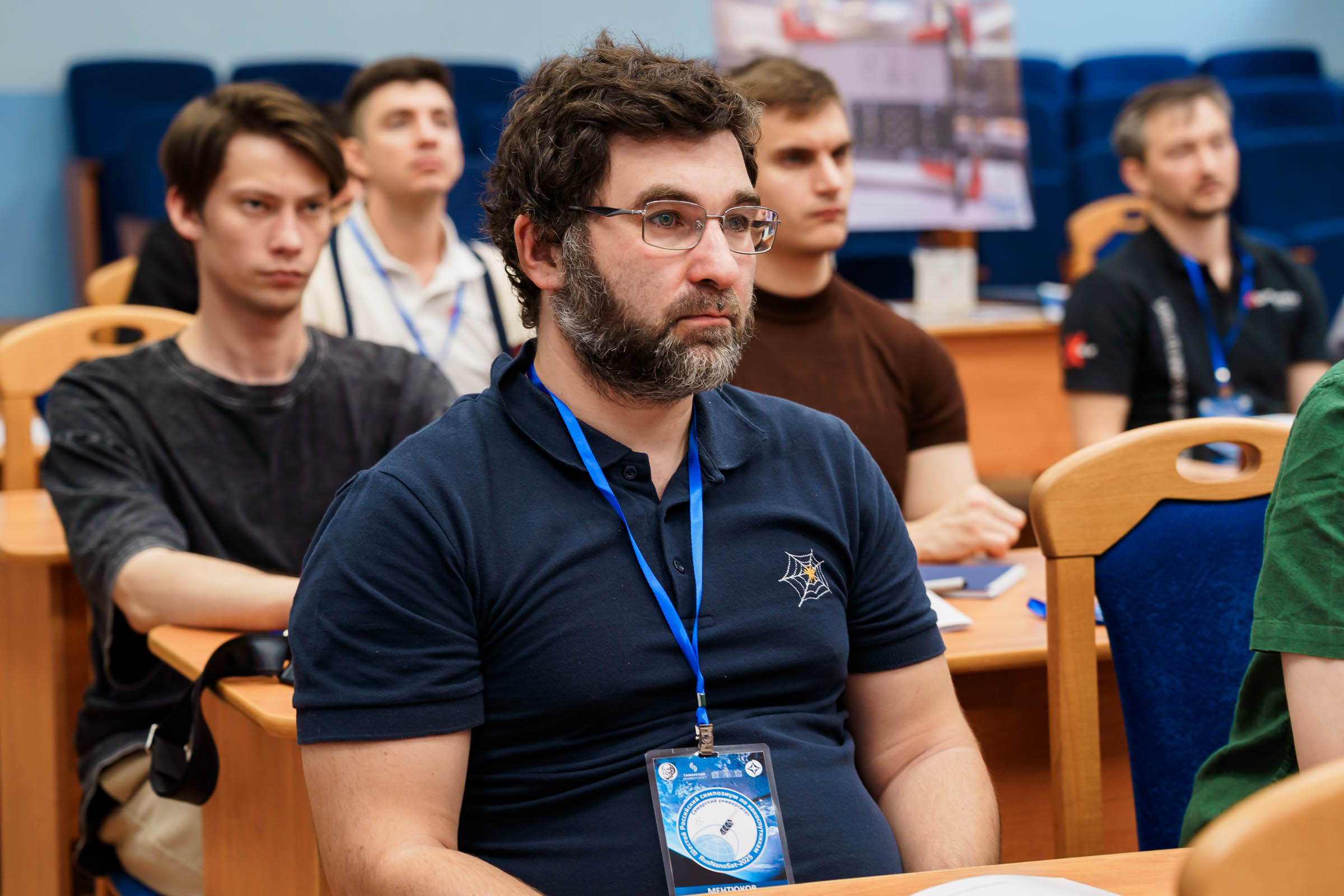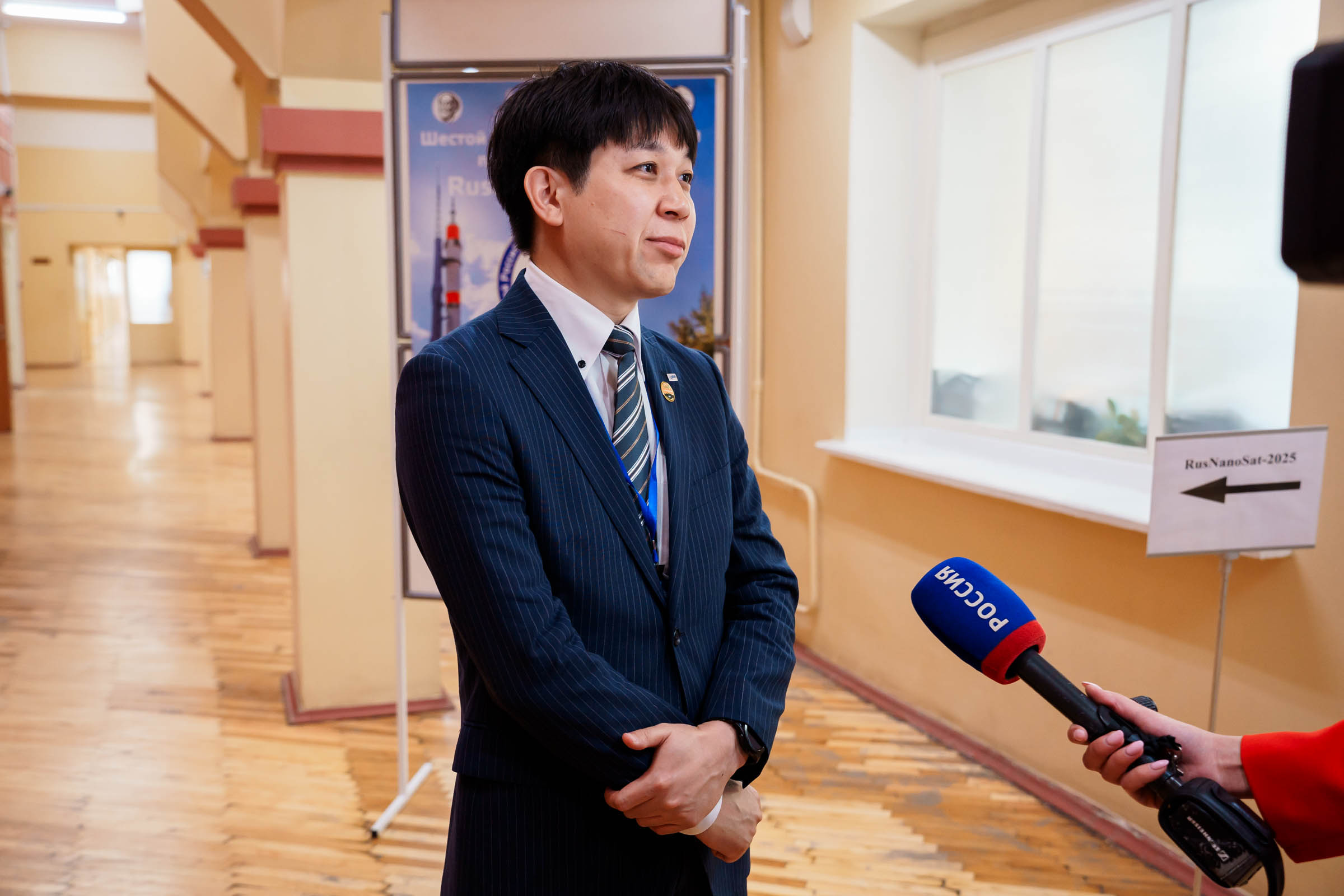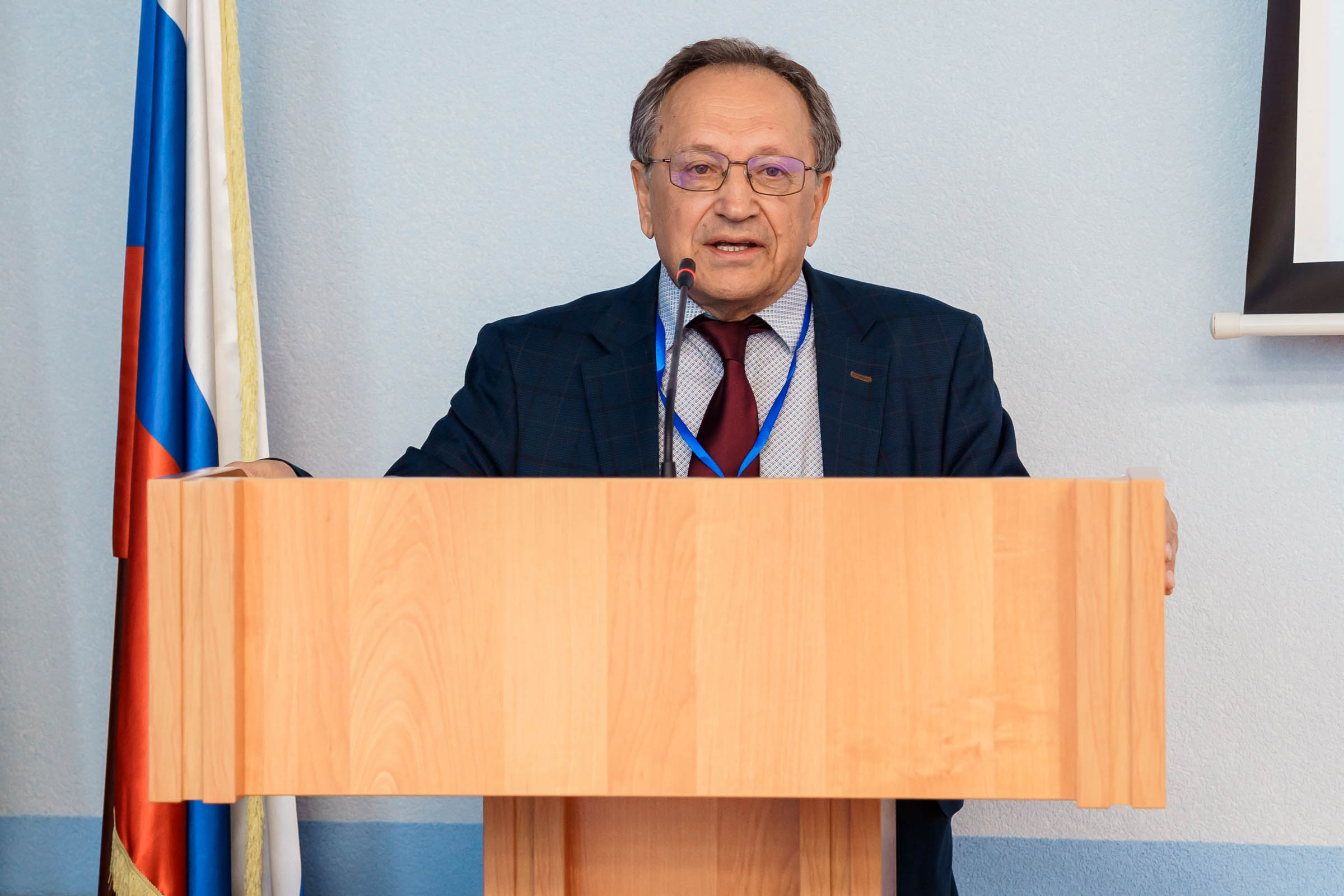Development prospects for Russian small-scale cosmonautics will be discussed by participants of the 6th Russian Symposium on Nanosatellites with International Participation “RusNanoSat-2025”, which opened today in Samara. The Symposium is organized by Samara University and is supported by the Department of Energy, Mechanical Engineering, Mechanics and Control Processes of the Russian Academy of Sciences, K.E. Tsiolkovsky Russian Academy of Cosmonautics and the Academy of Navigation and Motion Control.
“The participants of the Symposium, which celebrates its tenth anniversary this year, were more than 50 guests – scientists, engineers and entrepreneurs representing academic organizations and scientific institutions, universities, industrial enterprises and private space companies, mostly, of course, from Russia, but also colleagues from Belarus and Japan. The main themes of this year’s Symposium are promising projects related to nanosatellites for conducting scientific research in outer space, current problems of designing and operating nanosatellites, as well as developing space education in Russia”, said Igor Belokonov, Head of Samara University’s Interuniversity Department of Space Research.
The Symposium program includes about 60 reports on a wide variety of themes and areas. For example, representatives of M.V. Keldysh Institute of Applied Mathematics of the Russian Academy of Sciences will share their ideas in developing projects for small spacecraft missions to the Moon and controlling their movement. Scientists from Samara University will present 13 reports on various themes, including results of the seven-month work on orbit of the University’s nanosatellite “SamSat-Ionosphere”, as well as prospects for creating the nanosatellite grouping for ionosphere monitoring.
One of the themes to be discussed will be developing onboard systems for experimental spacecraft samples, for the purpose of forming the grouping of satellites of the Union State of Russia and Belarus. The international project for creating the BRICS countries’ orbital grouping of scientific and educational satellites will also be presented. Yoshio Wada, Head of the Russian Representative Office of the JAXA Japanese Aerospace Exploration Agency, together with his colleagues, will talk about features and possibilities of launching nanosatellites from the Japanese experimental module “Kibo” (“Hope” in Japanese), a scientific orbital laboratory on board the International Space Station.
“Interestingly, representatives of the Japan Aerospace Exploration Agency themselves, on their own initiative, expressed a desire to participate in our Symposium”, emphasized Igor Belokonov.
According to the scientist, in the near future, we can expect the growth of nanosatellite launches in Russia, as well as tasks to be performed by them will increase in number.
“In my opinion, starting in 2026, a new stage of the development in the field of small spacecraft, especially nanosatellites, will begin in our country. Over 10 years since our first nanosatellite symposium, a lot of experience has been gained and certain conclusions have been drawn, and private space companies engaged in the creation of small spacecrafts have appeared in the country and have become independent. These companies gain financial support from both business structures and partly from the government, and we can say that quantity in this field currently really turns into quality. Therefore, I think next year we will begin a qualitatively new stage, which will be characterized by vivid examples of the advantages and benefits to be provided by the widespread use of this class of spacecrafts”, noted Igor Belokonov.
The Symposium “RusNanoSat-2025” will end its work on July 3. The final event will be the round table dedicated to joining forces of universities, enterprises and academic organizations, for the purpose of training personnel in space science and technology.
For reference
* The Russian Nanosatellite Symposium “RusNanoSat” has been held in Samara since 2015, bringing its participants together every two years.
** Nanosatellites are small spacecrafts weighing from 1 to 10 kg. Nanosatellites have a wide range of applications - remote sensing of the Earth, astronomical observations, development testing of the latest technologies, educational programs, environmental monitoring, and research of geophysical fields.
*** The 6th Russian Symposium on Nanosatellites with International Participation “RusNanoSat-2025” was participated by J.I. Alferov Academic University, Belarusian State University, M.V. Lomonosov Moscow State University (Faculty of Physics and Faculty of Space Research), Moscow Aviation Institute, Samara University, St. Petersburg State University of Aerospace Instrumentation, I.S. Turgenev Orel State University, Institute of Biomedical Problems of the Russian Academy of Sciences, Institute of Space Research of the Russian Academy of Sciences, M.V. Keldysh Institute of Applied Mathematics of the Russian Academy of Sciences, Institute of Applied Physics of the National Academy of Sciences of Belarus, A.V. Gaponov-Grekhov Institute of Applied Physics of the Russian Academy of Sciences, D.V. Skobeltsyn Scientific Research Institute of Nuclear Physics of M.V. Lomonosov Moscow State University, St. Petersburg Federal Research Centre of the Russian Academy of Sciences, Joint Institute of Computer Science Problems of the National Academy of Sciences of Belarus, Centre for Geophysical Monitoring of the National Academy of Sciences of Belarus, A.F. Ioffe Institute of Physics and Technology of the Russian Academy of Science, Scientific Research Institute of Space Instrumentation, Russian Corporation of Rocket and Space Instrumentation and Information Systems, Central Scientific Research Institute of Mechanical Engineering, “Geoscan” LLC, “D-Start” LLC, “Orbital Systems” LLC, “SPUTNIX” LLC, “STC” LLC, the Project Office of the Research and Educational Project “Space-π”, the JAXA Japan Aerospace Exploration Agency, and other scientific organizations, enterprises, and companies.
 RU
RU  EN
EN  CN
CN  ES
ES 